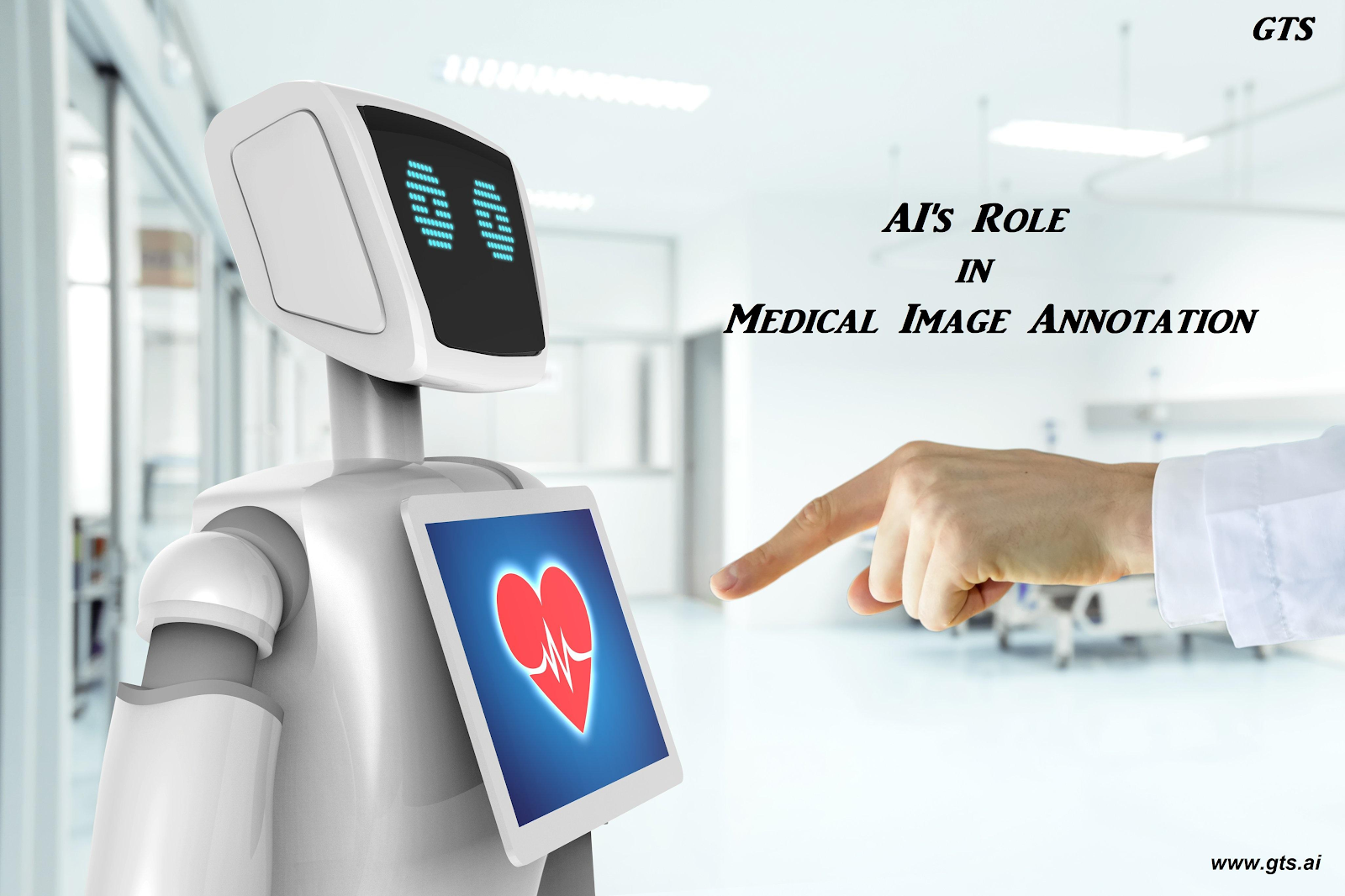The Potential Impact of Healthcare Datasets on the Overall Cost and Efficiency of the Healthcare Industry
Healthcare datasets have the potential to revolutionize the healthcare industry by providing valuable insights into patient care, public health trends, and medical research. One of the most significant impacts of healthcare datasets could be on the overall cost and efficiency of the healthcare industry. In this blog, we’ll take a closer look at the potential impact of healthcare datasets on the cost and efficiency of the healthcare industry and the trends that are likely to shape their implementation.

Reducing Costs Through Improved Patient Outcomes One of the most significant potential impacts of healthcare datasets is on the cost of healthcare. By providing healthcare professionals with more comprehensive and accurate patient data, healthcare datasets can help to reduce costs associated with misdiagnosis, unnecessary treatments, and hospital readmissions. For example, if a healthcare professional can identify a patient’s risk of readmission through the use of healthcare datasets, they can develop a more targeted and effective treatment plan to reduce the likelihood of readmission.
Additionally, healthcare datasets can help to improve patient outcomes, which can have a significant impact on healthcare costs. For example, if a patient’s chronic condition can be managed more effectively through the use of healthcare datasets, they may require fewer hospitalizations, emergency room visits, and expensive treatments. This can help to reduce overall healthcare costs while improving patient outcomes.
Improving Efficiency Through Data-Driven Decision-Making Healthcare datasets can also help to improve the efficiency of the healthcare industry by providing healthcare professionals with data-driven insights that can inform their decision-making. For example, if a healthcare professional can access a patient’s complete health history through the use of healthcare datasets, they can develop a more targeted treatment plan that is tailored to the specific needs of the patient. This can help to reduce the amount of time and resources that are required for trial-and-error treatments and can help to improve overall patient outcomes.
Similarly, healthcare datasets can help to improve the efficiency of healthcare systems by providing insights into patient care that can inform the development of more effective healthcare policies and practices. For example, if healthcare datasets indicate that certain treatments are less effective than others, healthcare professionals can develop new protocols that are more effective and cost-efficient.
Trends Shaping the Implementation of Healthcare Datasets
- Increased Adoption of Electronic Health Records (EHRs): The increasing adoption of EHRs is driving the use of healthcare datasets by providing a centralized location for patient data. This allows healthcare professionals to access and analyze patient data more easily, which can help to inform their decision-making and improve patient outcomes.
- Advancements in Analytics: As healthcare datasets become more complex and comprehensive, there is an increasing focus on the use of advanced analytics to analyze the data and identify patterns and trends. This includes the use of machine learning, artificial intelligence, and predictive analytics to help healthcare professionals make more informed decisions and improve patient outcomes.
- Focus on Data Interoperability: Healthcare datasets are often siloed in different systems, making it difficult to get a comprehensive view of a patient’s health history or to identify patterns and trends across different populations. In the coming years, there is likely to be a greater focus on data interoperability, or the ability to share data between different systems, to provide a more holistic view of patient health and to enable more effective population health management.
- Development of New Standards and Best Practices: As healthcare datasets become more central to patient care and medical research, there is a growing emphasis on ensuring that the data is accurate, complete, and reliable. This is likely to lead to the development of new data quality standards and best practices for data management.
Potential Challenges and Limitations of Healthcare Datasets While healthcare datasets have the potential to revolutionize the healthcare industry, there are also several challenges and limitations that must be considered when implementing them.
Some of these challenges and limitations include:

- Privacy and Security Concerns: Healthcare datasets often contain sensitive patient information, which must be protected to ensure patient privacy and prevent data breaches. There is also the risk that the data could be used for discriminatory or unethical purposes, which must be addressed through strict data governance policies and regulations.
- Data Quality and Accuracy: The accuracy and completeness of healthcare datasets can vary widely depending on how the data is collected, stored, and analyzed. To ensure that the data is reliable and useful, there must be a focus on data quality and accuracy.
- Data Integration and Interoperability: As mentioned earlier, healthcare datasets are often siloed in different systems, making it difficult to integrate and analyze the data. This can limit the usefulness of the data and prevent healthcare professionals from making informed decisions.
- Regulatory and Legal Barriers: The use of healthcare datasets is subject to numerous regulations and legal barriers, including HIPAA regulations and patient consent requirements. These barriers can limit the scope and accessibility of the data, and must be addressed through careful planning and compliance.
Conclusion
Healthcare datasets have the potential to transform the healthcare industry by providing valuable insights into patient care, public health trends, and medical research. By reducing costs through improved patient outcomes and improving efficiency through data-driven decision-making, healthcare datasets can help to address many of the challenges facing the healthcare industry. However, there are also challenges and limitations that must be addressed when implementing healthcare datasets, including privacy and security concerns, data quality and accuracy, data integration and interoperability, and regulatory and legal barriers. As the healthcare industry continues to evolve, it is likely that healthcare datasets will become even more central to patient care, medical research, and public health initiatives. By addressing these challenges and leveraging the potential of healthcare datasets, we can create a more efficient, cost-effective, and patient-centered healthcare system.
Healthcare Datasets and GTS
Collecting Healthcare Datasets in ML is not easy. There are a ton of things to consider. That’s why we at Global Technology Solutions are known to provide quality medical data collection that is useful in making healthcare models. Our process is fully customized and our name is appreciated among big industries, and players.



Comments
Post a Comment